.webp)
© History Oasis

1995-1998
Jeff Bezos started Amazon in his Bellevue garage. With his first retail slogan, he claimed to be Earth's largest bookstore despite having zero physical locations. The move was strategic. The online world meant unlimited shelf space. Amazon carried 2.5 million titles while Barnes & Noble managed maybe 200,000. Within weeks, they shipped books nationwide. By 1997, Bezos personally delivered their millionth order.
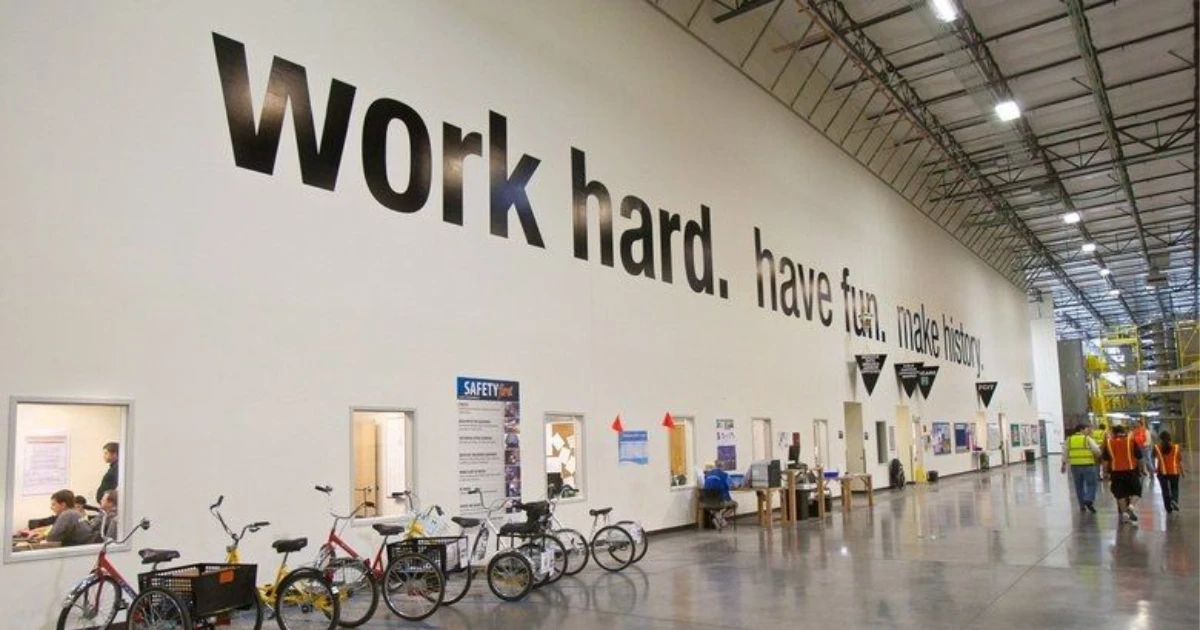
1998-Present
This slogan became Amazon's internal mantra during their breakneck expansion beyond books. Bezos wanted employees who'd grind through 60-hour workweeks but still find joy in building something unprecedented. The phrase occasionally leaked into marketing materials, though it was really about company culture.
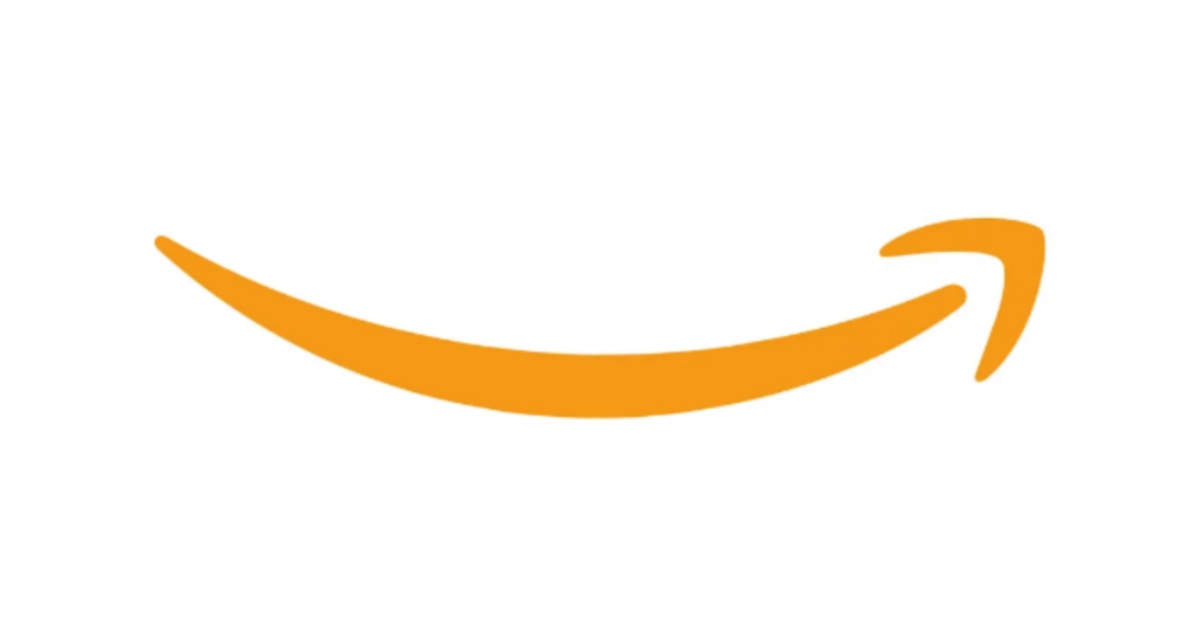
2000-Present
By 2000, Amazon ditched text-heavy slogans for a simple visual promise. They created their iconic hybrid logo slogan that was an arrow spanning from A to Z. Not exactly a slogan, but they wanted the world to know that they were here to sell anything.But look closer, and the logo looked upward like a smile. The message was simple, memorable, and impossible to misunderstand across cultures.

2007-Present
This Kindle slogan was just three words that tracked the Kindle's evolution from basic e-reader to weatherproof multimedia device. Early Kindles broke if you sneezed on them wrong. Later versions survived poolside drops and added audiobooks. The slogan evolved with the hardware, emphasizing practical benefits over flashy features.
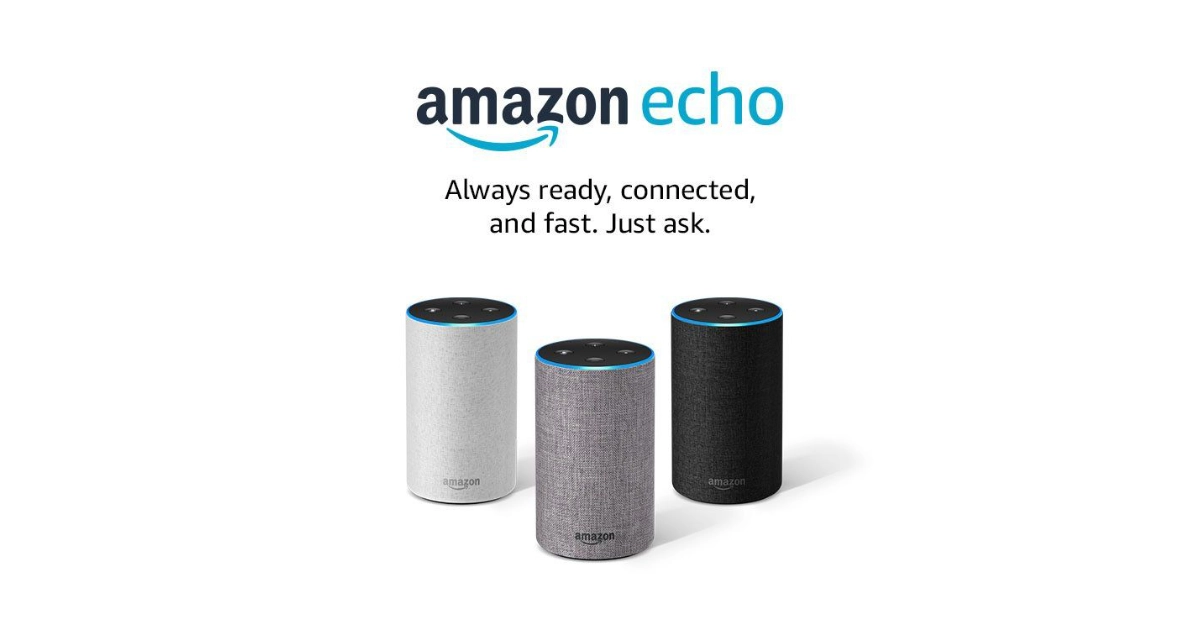
2014-Present
Amazon's smart speaker came with a slogan that promised instant response to voice commands. It was a revolutionary device when Siri still struggled with basic requests. The Echo launched Amazon into artificial intelligence, transforming it from a retailer to a tech innovator. They used the tagline in a 2018 Super Bowl ad where Alexa "lost her voice" went viral, featuring Gordon Ramsay screaming.

2014-Present
This slogan was a clever twist on "Ready, Set, Go" that promised effortless streaming. Amazon entered a crowded market dominated by Roku and Chromecast, so they emphasized speed over features. The Fire Stick delivered—plug in, connect to Wi-Fi, start watching. No complicated setup, no waiting for updates.
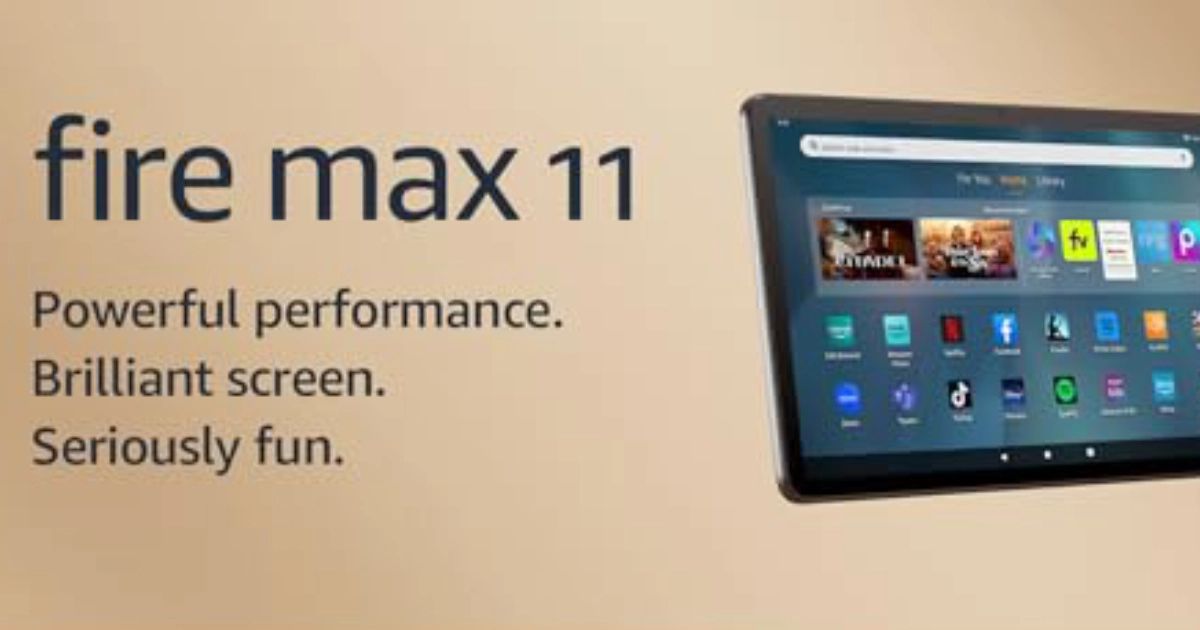
2011-Present
When Amazon launched its Fire Tablet line, they attacked the iPad's biggest weakness: cost. While Apple charged $500+for premium tablets, Amazon offered decent performance for under $100. The slogan wanted folks to know that there were no fancy metaphors about "magical experiences." Just good hardware at prices that made sense. The slogan helped the e-commerce giant to carve out a huge market segment Apple had ignored.

2011-Present
Cloud storage promised liberation from physical devices, but early services were clunky and unreliable. Amazon Drive emphasized accessibility with its slogan. They wanted people to imagine their photos, documents, and files available instantly, anywhere. The slogan addressed losing precious memories to crashed hard drives. It competed with Google and Dropbox by focusing on user anxiety, not technical specs.
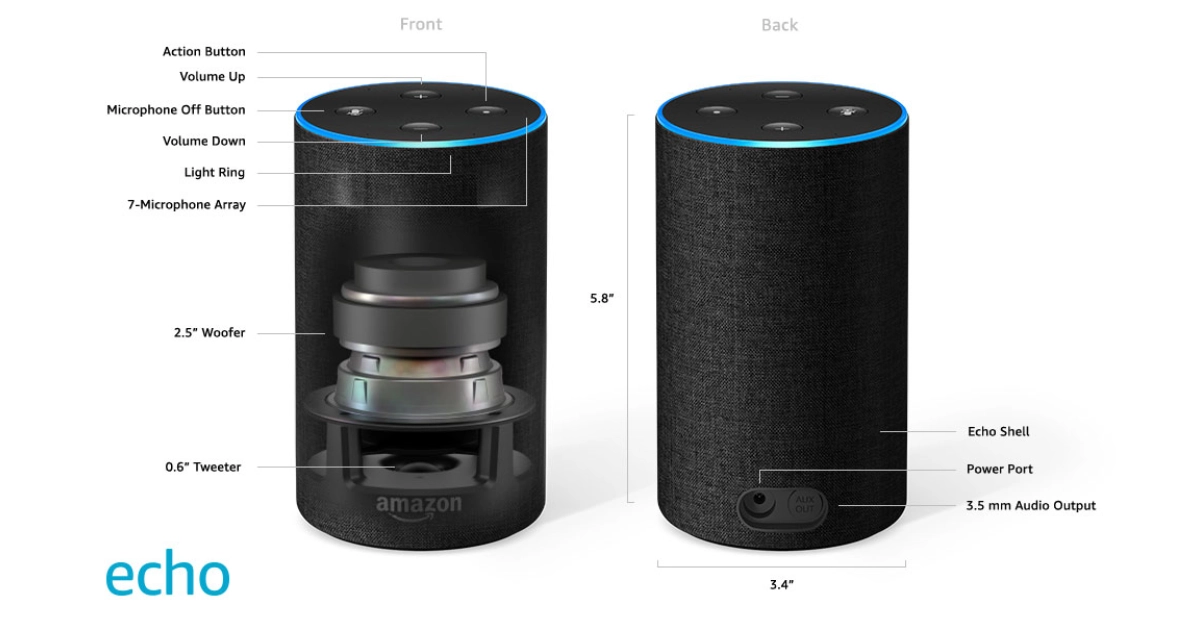
2017-Present
Smart homes sounded amazing until you tried connecting six different devices from five manufacturers. The Echo Plus included a built-in hub, eliminating the technical headaches that scared off mainstream consumers. Amazon positioned itself with its most recent slogan as the easy button for home automation. The slogan continues to promise simplicity in a market drowning in complexity. Something that frustrated consumers love to hear.